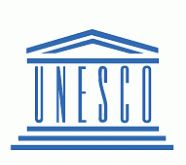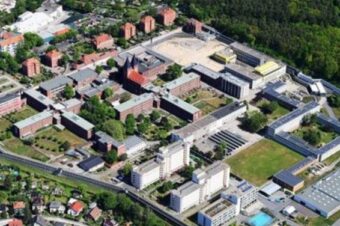By APEnP President José Pinto
In Portugal, the Ministry of Education is responsible for Prison Education programmes. Throughout this Covid-19 pandemic, teachers have not been allowed into prisons and their work has shifted to distance learning.
Considering the current (partial) reopening of schools in Portugal (kindergarten and Secondary level), APEnP has decided to ask prison associated schools to produce a report on how Prison Education (PE) was being delivered.
In the writing of this document the following items should be taken into account: strategies, actors involved in the process, resources, difficulties encountered, evaluation procedures, recommendations,…
We previously informed prison associated schools and prison establishments that their reports would be posted our website (www.apenp.pt), so that everyone could see how professionals and related institutions were playing their role regarding PE.
From the various Regions of Portugal (North; Centre; Great Lisbon area and the Islands of Madeira and Azores; Southern Region), several reports have been sent (already on the website), which provide us with an overview of how education is being offered to inmates.
Thus, a preliminary assessment of this process shows us the following:
. Most strategies rely on paper-based solutions.
. Cooperative work has been put into practice between prisons and schools.
. Prison schools’ headteachers (also known as pedagogical coordinators) manage school work with the teams of teachers and also form the connective link with prisons boards.
. The headteachers, along with prisons governors or their delegates, coordinate all school-related work.
. Delegates are, usually, responsible for handing out worksheets and other school material to inmates, for collecting them and giving them back to the headteachers.
. Finally, headteachers hand them out to the teams of teachers in order to assess students’ work and give feedback.
A final assessment will be made in June. However, reports received so far indicate that operating school activities from a distance in Portuguese prisons, during this health crisis, is but an example of how professionals/institutions are adapting to the situation.
APEnP President
![Italy celebrates the International Day of Education in Prison [EN/IT]](https://www.epea.org/wp-content/uploads/idep23-ita1.jpg)




